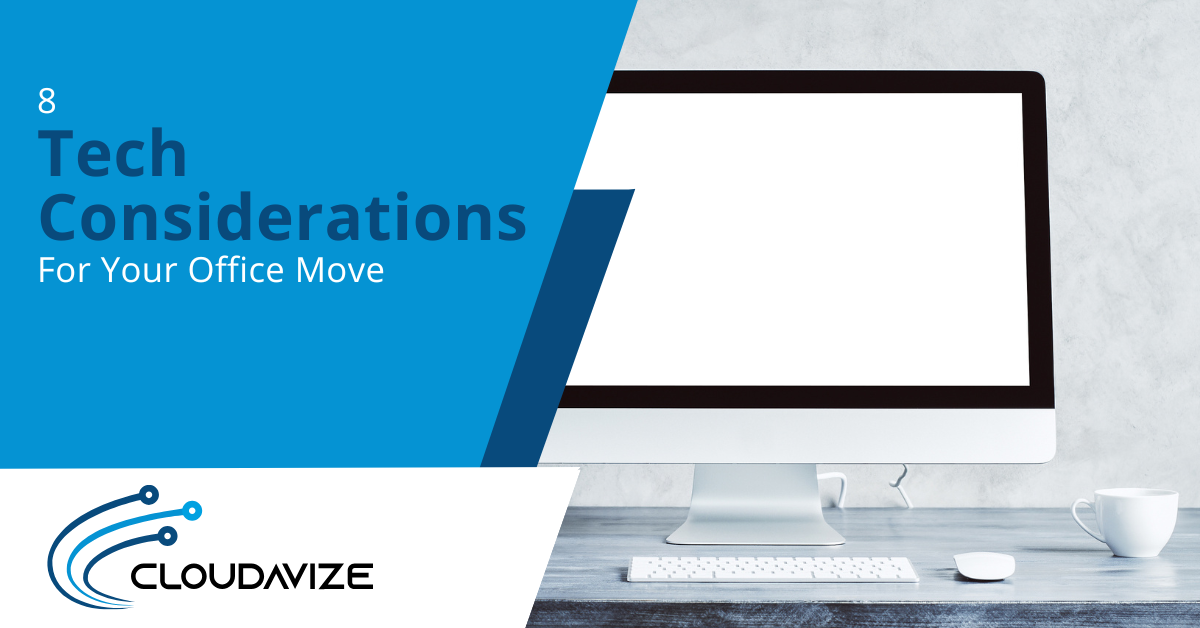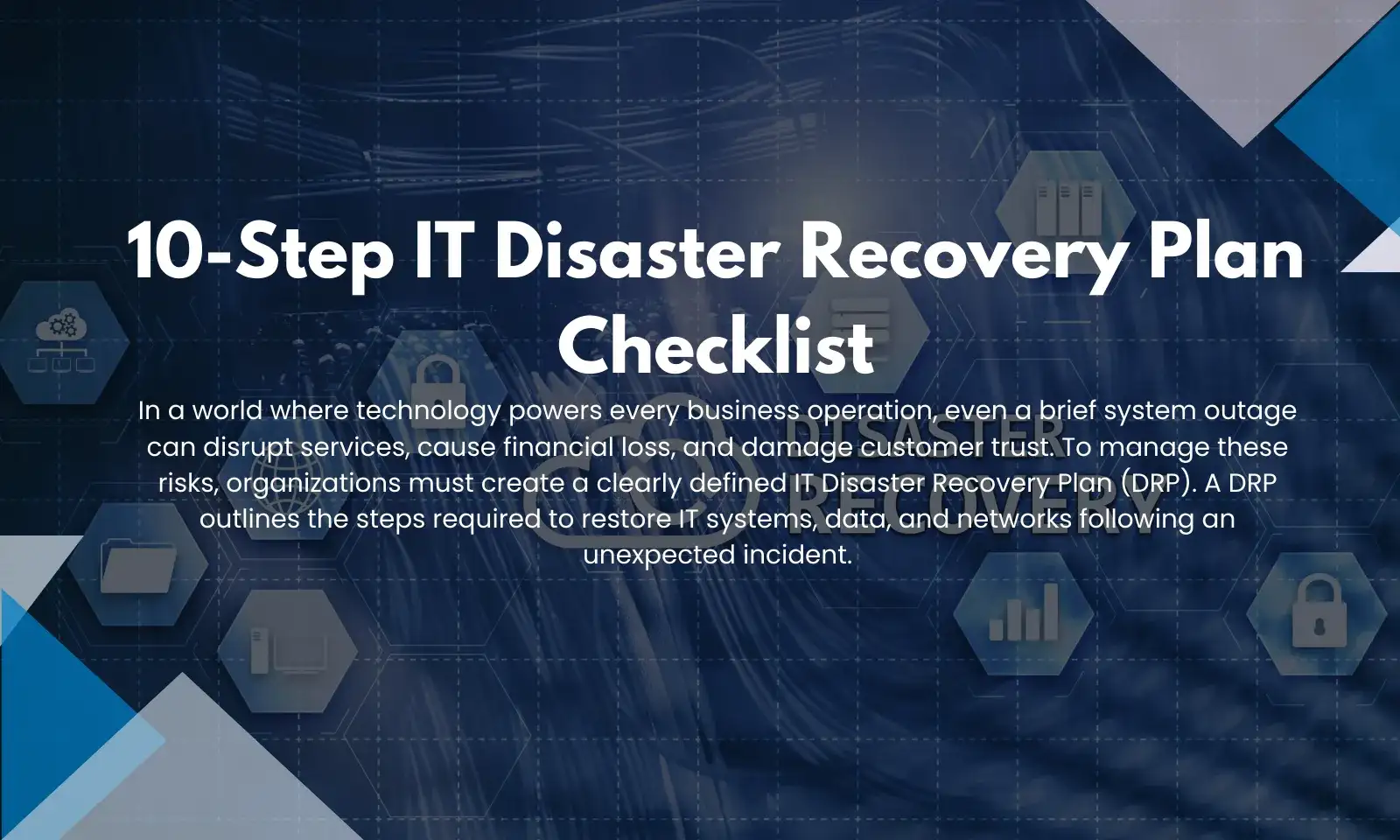If you’re like most companies, then you likely use a lot of cloud-based software applications in your operations. You also likely have most of your data in the cloud.
The transition to a cloud-based technology environment has not been lost on cybercriminals. Cloud data is their new main target, and the way they are accessing it is largely through compromised user credentials.
According to IBM Security, credential theft has become the number one cause of data breaches globally.
This shines a spotlight on the importance of cloud security in any cybersecurity strategy. Actually, it should be one of the key areas you consider to defend against a ransomware attack, data breach, or another type of attack.
To get you started, we have several key areas you need to address to ensure your cloud ecosystem is properly protected.
v
Table of Contents
Account Access Security
Seventy-seven percent of cloud account breaches are caused by compromised user credentials. In fact, this is the most straightforward way for a cybercriminal to get into your business cloud accounts.
If they have legitimate user credentials, then they don’t have to work as hard to bypass stringent security in systems like Google Workspace or Microsoft 365. They log in as a user and can access all types of data and systems. And if they’ve hit the jackpot with an administrative user credential, they can often do more devastating damage.
You can’t simply rely on user passwords to protect your cloud accounts. It’s important to put best practices in place, such as:
- Multi-factor authentication (MFA) (a “must-have” in today’s threat environment)
- Required strong passwords (policies that cause the software to reject weak passwords)
- Password manager (for encrypted password storage)
Endpoint Device Protection
If you pick up the mobile device you use for work right now, how many business apps can you access without needing to log in?
For most employees, it’s several. These apps use persistent logins to reduce user frustration with having to continually log into their work apps. However, all a criminal needs to do is hack into a user’s device using malware and they can then gain access to all those apps too, without needing to know the passwords.
Endpoint device protection is vital, especially because most work is now done via mobile devices. A report by Microsoft estimates that 80% of enterprise workload is performed via a mobile device rather than a desktop PC.
To protect your cloud environment, you need to protect all devices connected to it.
Using managed IT services is a cost-effective way to ensure all devices in your organization are protected according to good cyber hygiene practices. These include:
- Next-gen antivirus/anti-malware
- DNS filtering for phishing sites
- Email filtering for malware
- Automated firmware, software, and OS updates
More than 90% of Android devices are running outdated operating systems, leaving them at higher risk for a breach.
Proper Security Configuration
One of the main causes of cloud account breaches is misconfiguration. This is when the security settings in a cloud platform are not set for proper protection of user accounts and system data.
The default settings in a cloud platform (Slack, Zoom, M365, Salesforce, etc.) are not always set to the strongest levels. Cloud security is a shared responsibility between the SaaS provider and the user.
The SaaS provider ensures that its own data center and network are secure. It also provides various features users can deploy to better protect their accounts. However, it is up to the organization subscribed to the cloud tool to configure those security settings in the best way for their cybersecurity.
For example, many platforms have the ability to enable MFA, but most do not default this setting to being “on.”
You should have a cloud security professional help you configure the security of all your cloud tools to ensure your assets are safeguarded from a breach.
Employee Phishing Detection Training
How do hackers get their hands on employee credentials to cloud accounts? They largely use phishing messages. The number one attack type deployed in phishing right now is user credential theft.
It’s important to conduct regular and ongoing employee phishing detection and response training to help your team avoid falling victim to a phishing scam that tricks them into entering their password into a fake login form.
A well-trained team can significantly reduce your risk of a cloud data breach because they’ll be more aware of dangerous emails and text messages coming their way.
Network Security
We’ve noted how mobile devices now do most of the work in many organizations. Those mobile devices can often be connected to unsecured public networks.
Additionally, the rise of the remote workforce during the pandemic, means that employees are often working while connected to home networks that may not have basic security.
Some tips for improving network security include:
- Use of a business VPN to encrypt connections
- Have remote employees put business devices on a guest network
- Use a cloud access security broker, which is an app that monitors device access to your cloud accounts
- Ensure employees have a strong password on any home routers
Get Help Reducing Your Risk of a Cloud Breach
Cloudadvize can help your Dallas-Fort Worth business put affordable and effective cloud security solutions in place to reduce your risk.
Contact Cloudavize today for a free consultation to get started.



